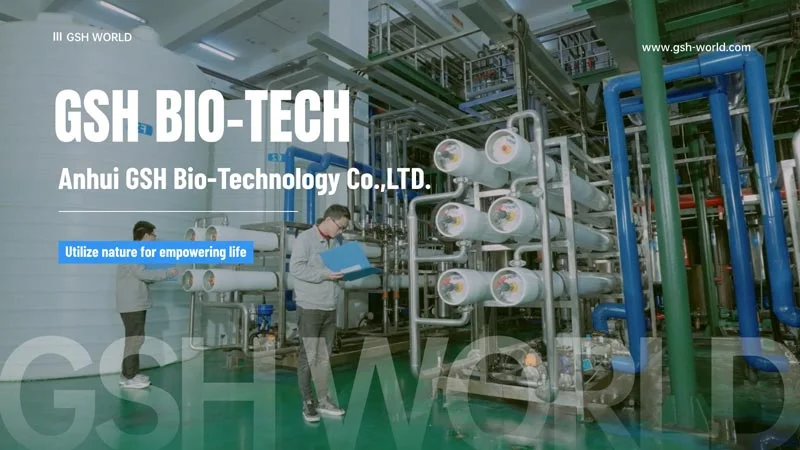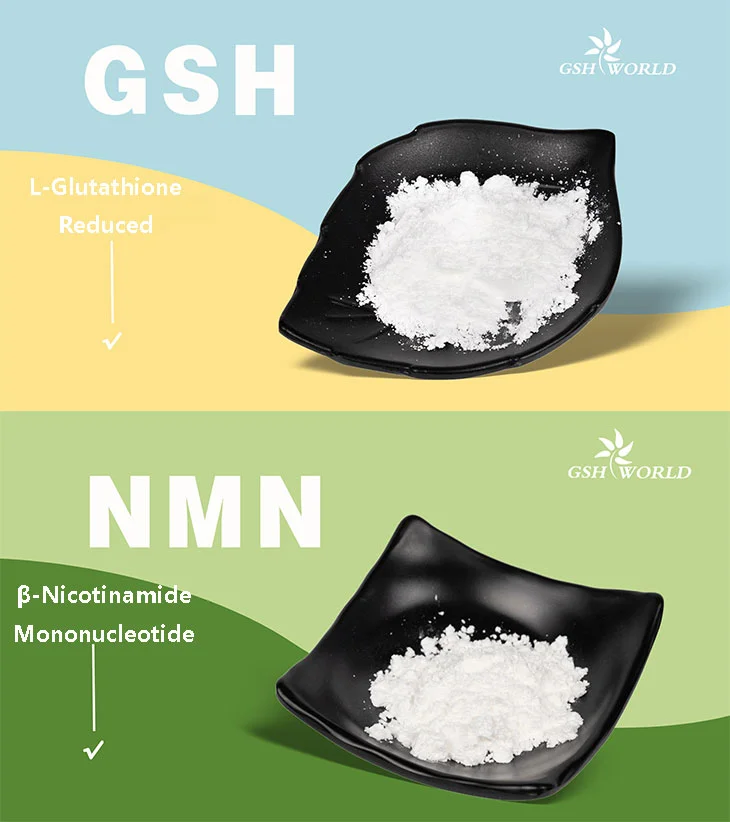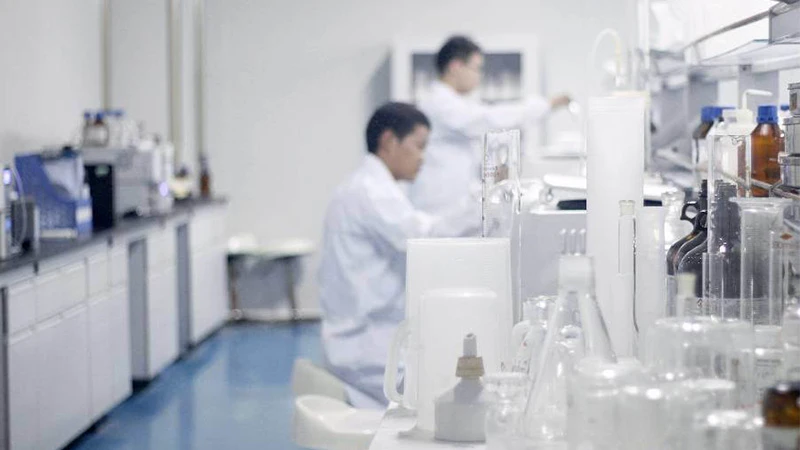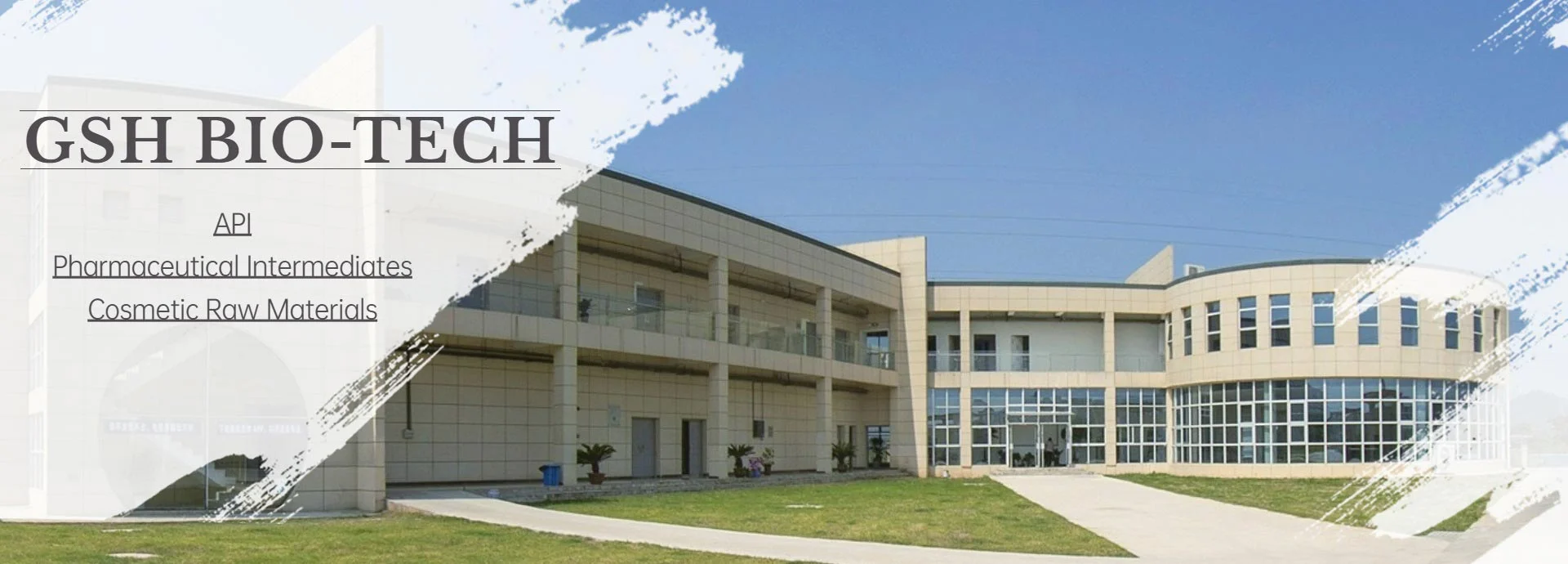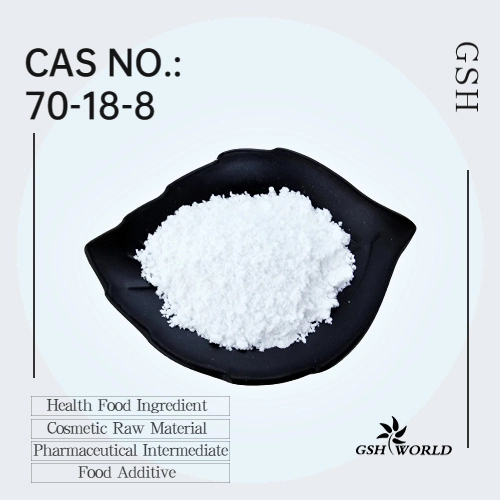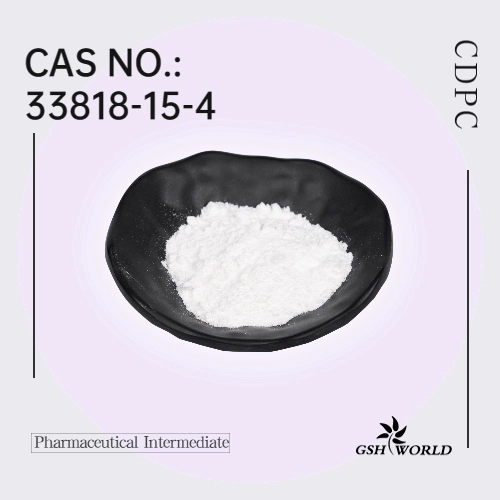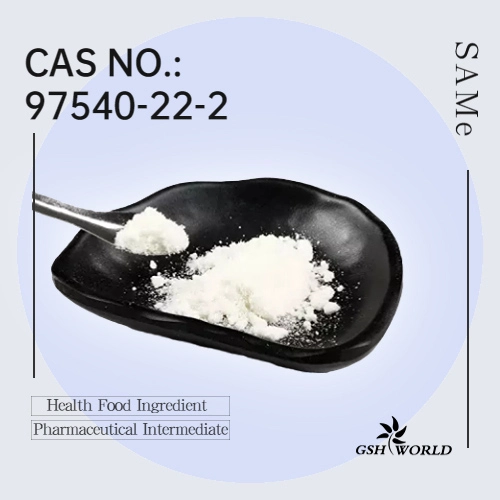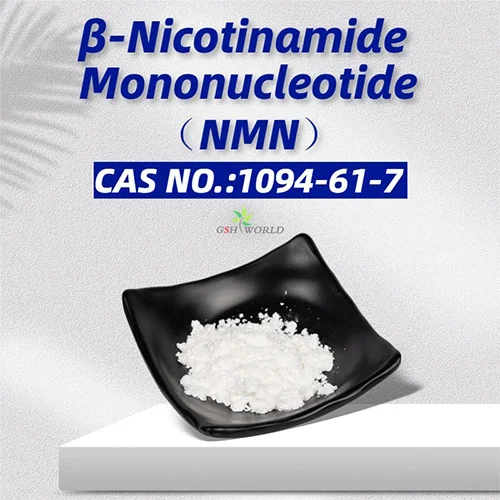Glutathione improves crop growth
Glutathione (GSH) is the main and most abundant thiol-containing low-molecular-weight peptide widely distributed in plant and microbial cells.
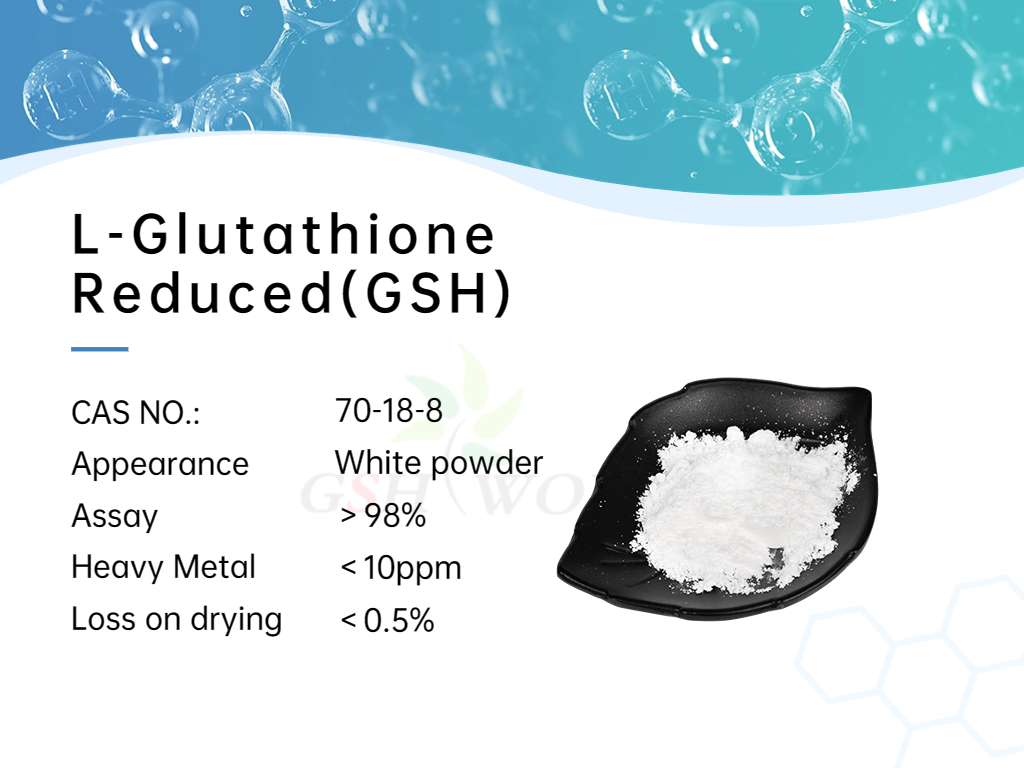
It is an effective enzyme activity regulating substance and plays an important role in improving the drought resistance, low temperature stress resistance and salt stress resistance of plants. In addition, plants produce a large amount of endogenous GSH in vivo under heavy metal stress, which can remove heavy metal ions in cells and play a detoxification role.
It has been shown that some dinitroaniline herbicide treatments can increase the content of GSH and oxidized glutathione (GSSG) in the root tissues of tomato and melon plants.
At present, there have been some reports on the effects of exogenous GSH on the plant antioxidant system under stress (including heavy metals, temperature, and drought).
In view of the important role of GSH in the process of plant detoxification, the researchers used cucumber as a material to apply exogenous GSH to study the effects of exogenous glutathione on the growth and physiological aspects of cucumber seedlings under atrazine soil residual damage. It provides a reference for glutathione to alleviate the oxidative stress of cucumber plants, reduce the damage caused by atrazine soil residues, and improve the resistance of cucumber plants.
The results of the study showed that after exogenous glutathione treatment, the GSH content in the leaves increased, and the GR enzyme activity and GSTs enzyme activity increased simultaneously, which was similar to the mitigation effect of Dianthus seedlings under cadmium poisoning.
After exogenous GSH treatment, the chlorophyll and net photosynthetic rate of the seedlings increased, and the leaf area and fresh weight of cucumber seedlings were significantly affected. Corn, sorghum, sugarcane and other crops contain a glutathione transferase, which can promote the formation of water-soluble complexes of atrazine and glutathione, and make atrazine inactive in these crops, thereby making These crops are not harmed.
Therefore, there is not enough glutathione transferase in the crops not treated with exogenous GSH, and atrazine shows higher activity after being absorbed by these crops and inhibits their photosynthesis, making these crops more vulnerable to damage.
The GSH content, GR activity and GSTs activity of cucumber seedlings treated with exogenous GSH increased, so the chlorophyll content and net photosynthetic rate of cucumber seedlings increased compared with the control, and the leaf area and fresh weight per plant increased significantly, thereby Improve the dry matter accumulation of cucumber.
Exogenous GSH treatment with appropriate mass concentration can reduce the damage of soil atrazine to cucumber seedlings, increase the activity of plant antioxidant enzymes and photosynthesis of seedlings, thereby improving the growth status of crops.
Citation this article:
Zhang Luwen, Song Shuyao, Chen Shanshan, et al. Effects of exogenous glutathione on the growth and development of cucumber seedlings under atrazine stress[J]. Journal of Jilin Agricultural University, 2023, 45 (3): 279-284. ( ZHANG Luwen, SONG Shuyao, CHEN Shanshan, et al.Effects of Exogenous Glutathione on Growth and Development of Cucumber Seedlings under Atrazine Stress[J].JOURNAL OF JILIN AGRICULTURAL UNIVERSITY,2023,45(03):279-284.)
*Special note - This article is for informational purposes only and cannot replace a doctor's treatment diagnosis and advice. It should not be regarded as a recommendation or proof of efficacy of the medical products involved. If it involves disease diagnosis, treatment, and rehabilitation, please be sure to go to a professional medical institution to seek professional advice.
by GSHWORLD
GSH Bio Tech is China Biological API Manufacturer. China Glutathione Supplements powder suppliers & best Glutathione benefits raw material Factory.

